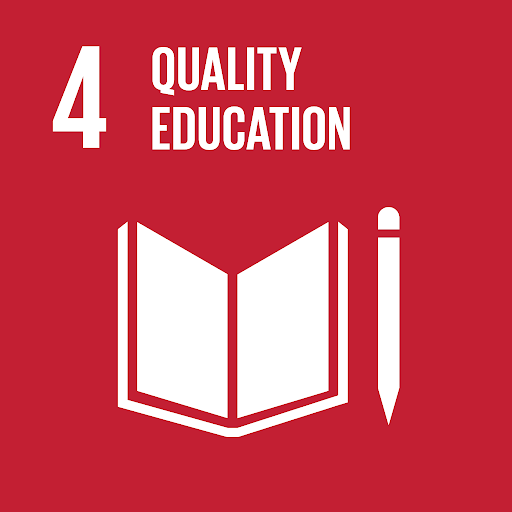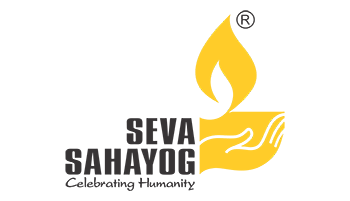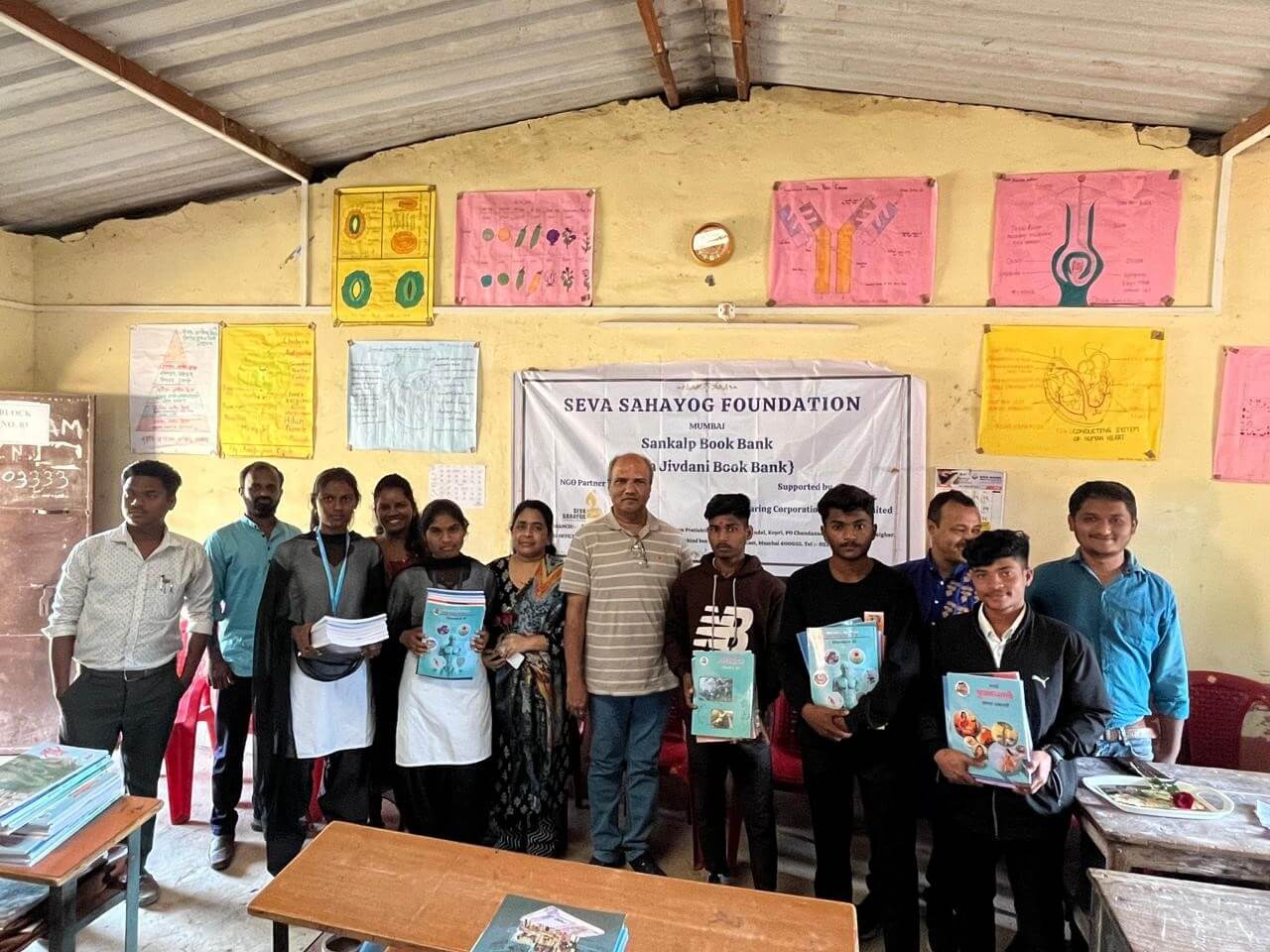Book bank
Due to rising prices of books, several poor students can’t afford to buy textbooks. It is all the more difficult for professional courses. The Book Bank initiative aims to provide syllabus books to college students who cannot afford expensive or specialised course materials. Students can access these books by paying a refundable nominal deposit, and each semester, the Book Bank issues books according to the semester syllabus.
This initiative supports underprivileged students by ensuring access to essential study materials they might otherwise struggle to afford. The initial process of the book bank was to outreach and spread awareness amongst the college librarians to guide financially weaker students to the Book Bank. Our goal is to reach the maximum number of college-going students.
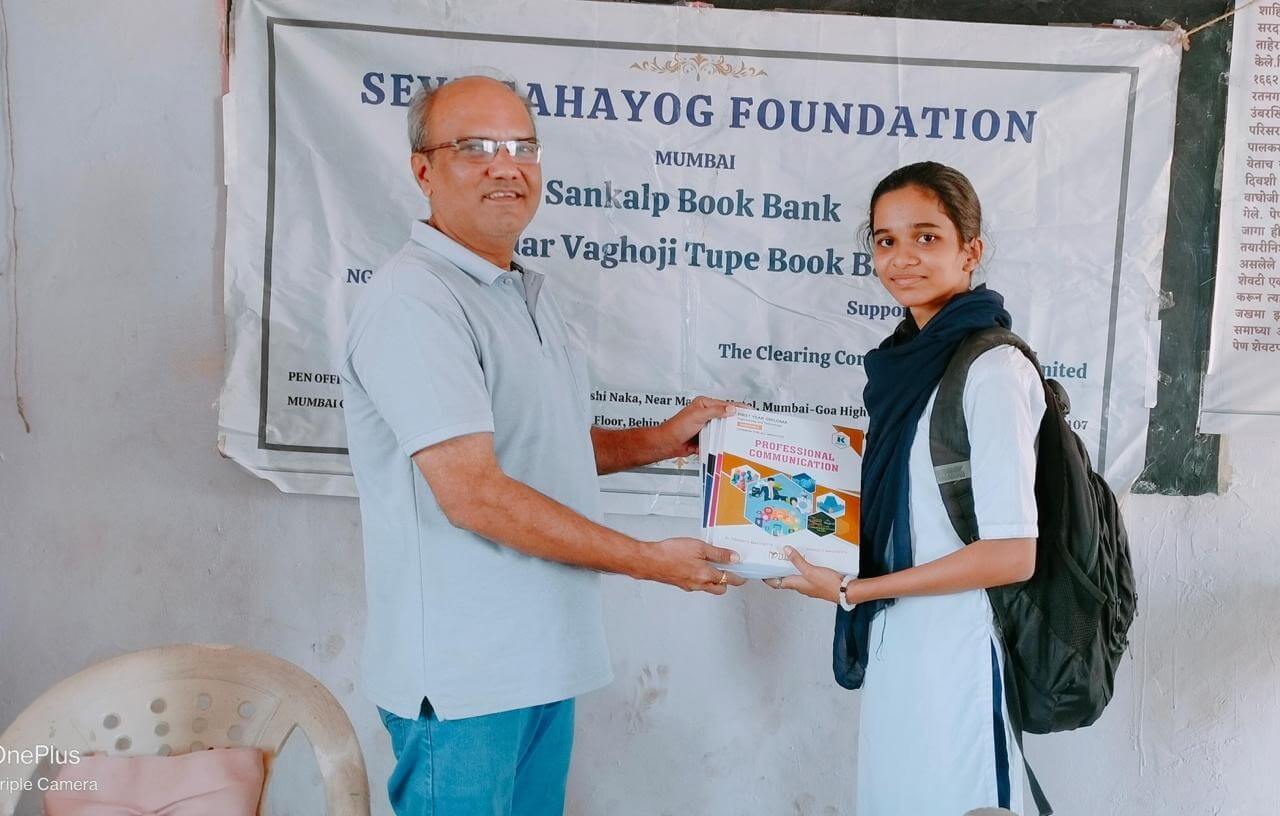
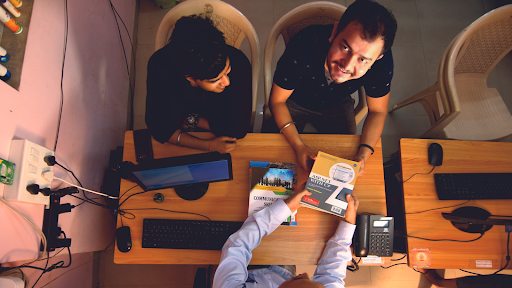
Objectives
- To make textbooks and reference books available for underprivileged deserving college students for free.
- Organize career planning & soft skill workshops for the students to make them jobready.
- Issuing and re-issuing textbooks to the socio-economically challenged students for the semesters.
- Maximizing the outreach by offering a shuttle book bank center.
- Facilitating the learning and guiding the students for job-readiness through referrals of Seva Sahayog Foundation.
- Provide a conducive learning environment for the college students to study
Impact
| Student Beneficiaries | 4910 |
| Issued Books | 28985 |
| Area Covered | Mulund, Boiser, Virar, Pen |
| Book Banks | 12 |
The Book Bank initiative has significantly impacted underprivileged college students, benefiting 4,910 students and issuing 28,985 books across Virar, Boisar, and Pen. Previously, these students spent considerable time travelling to the central book bank.

To address this issue, the Seva Sahayog Foundation introduced shuttle book banks in these regions, anchored at the parent Sankalp Book Bank in Andheri. Supported by active community participation and the convergence of local projects, these shuttle book banks have enhanced accessibility and reduced travel time for students.
Additionally, the initiative alleviates the financial burden of expensive study materials, allowing students to focus on their education without the stress of additional textbook costs. This support enables students to reallocate their resources towards skill development while providing professional course books that benefit both the students and their families by emphasizing the importance of education.
United Nations Development Programme’s
Sustainable Goals aligned with Book bank
